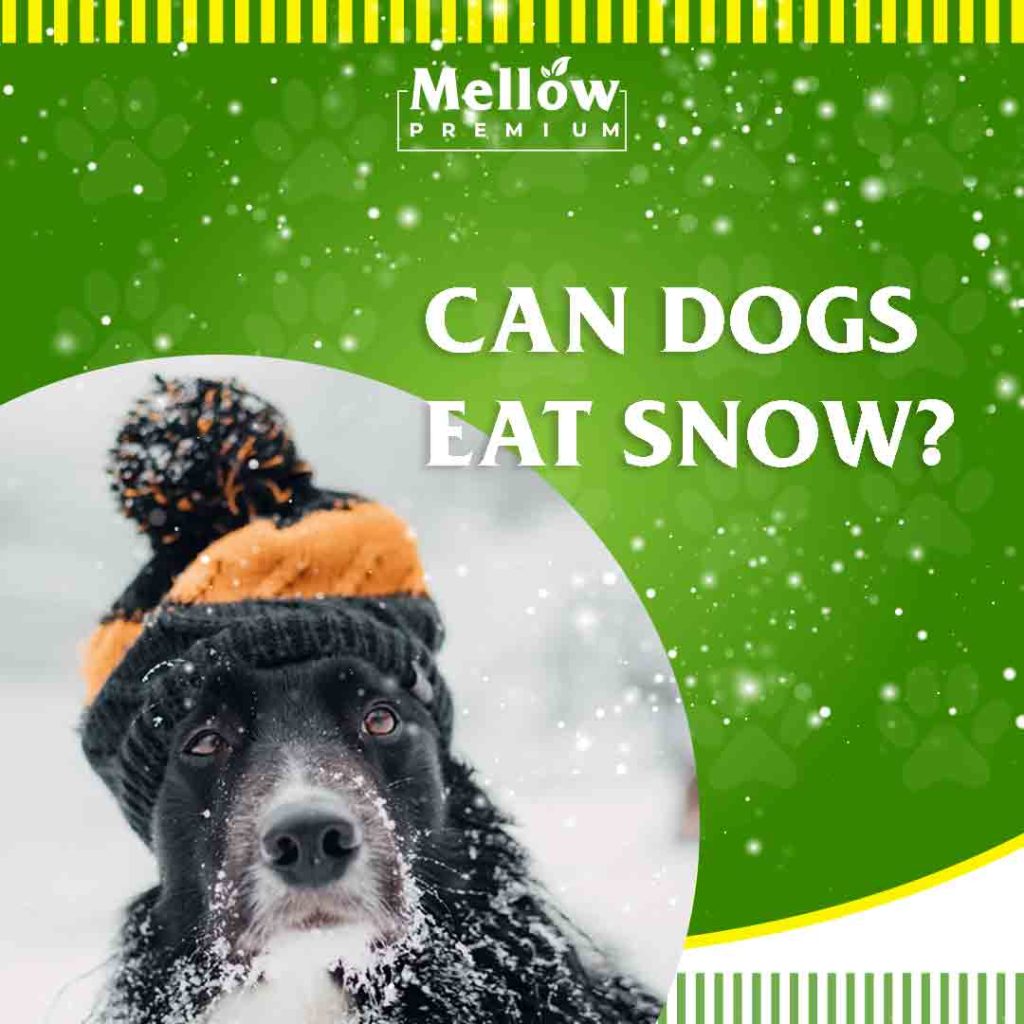The most wonderful time of the year is just around the corner bringing the snow with it. And, who doesn’t love snow? We all do, including dogs. So, if you’ve noticed your dog licking or eating snow, it’s because they really really like it.
But, why do they do that? Is licking or eating snow safe for your dog? Should you allow them to eat snow?
Let’s find out!
Why Do Dogs Eat Snow?
Dogs love snow, just like us. They love the unique taste of ice and drinking cold water when it melts. They are also curious to find out what snow is because they don’t see it every day. Plus, playing in the snow is fun!
Apart from having fun and enjoying its taste, dogs eat snow for several other reasons:
- To get hydrated – Your dog may be thirsty, and tasting cold fresh water from the melting snow is a great way to replenish water in the body.
- It’s in their DNA – Dogs, before being domesticated, had to eat snow to survive. It was the best way to stay hydrated. Hence, scientists believe that need has become part of dogs’ DNA and runs through every canine.
- There’s an underlying health condition – If your dog eats snow more than just for fun, there may be an underlying health condition, such as diabetes, kidney disease, Cushing’s disease, or thyroid-related condition. That’s why you need to take your dog to the vet and see the reason for their snow-eating obsession.
Is Eating Snow Safe for Dogs?
When dogs eat clean snow in small quantities, it’s safe. They get refreshed, hydrated, and satisfy their curiosity. However, if they eat large amounts of snow, they may get hypothermia, or in other words, they may freeze.
Unfortunately, eating large amounts of snow and getting hypothermia isn’t the only problem. There are other dangers for dogs eating snow mostly because you don’t know what’s in the snow and where that snow has been.
One danger is that there may be toxic substances in the snow, such as pesticides, antifreeze, de-icer, or rock salt. All of them are harmful to your dog and cause different health issues. For instance, rock salt releases a high concentration of sodium in the blood, which leads to dehydration, vomiting, exhaustion, seizures, and even permanent kidney damage.
Another danger is that there may be harmful objects, like sticks, rocks, and trash in the snow. They can break your dog’s teeth, damage its digestive system, cause intestinal blockage, and cause choking.
Also, if your dog has a sensitive stomach due to allergies or previous health conditions, eating larger quantities of snow may lead to stomach aches and gastric issues.
What Can You Do?
You can’t forbid your dog to eat snow, but you can prevent them from eating any snow they find and control the amount consumed. To prevent health issues, you should never let your dog eat discoloured and dirty snow, snow on the sidewalks and streets, or piled-up snow. In other words, the only snow they can eat, in small amounts, is the snow in your yard.
 CA
CA

